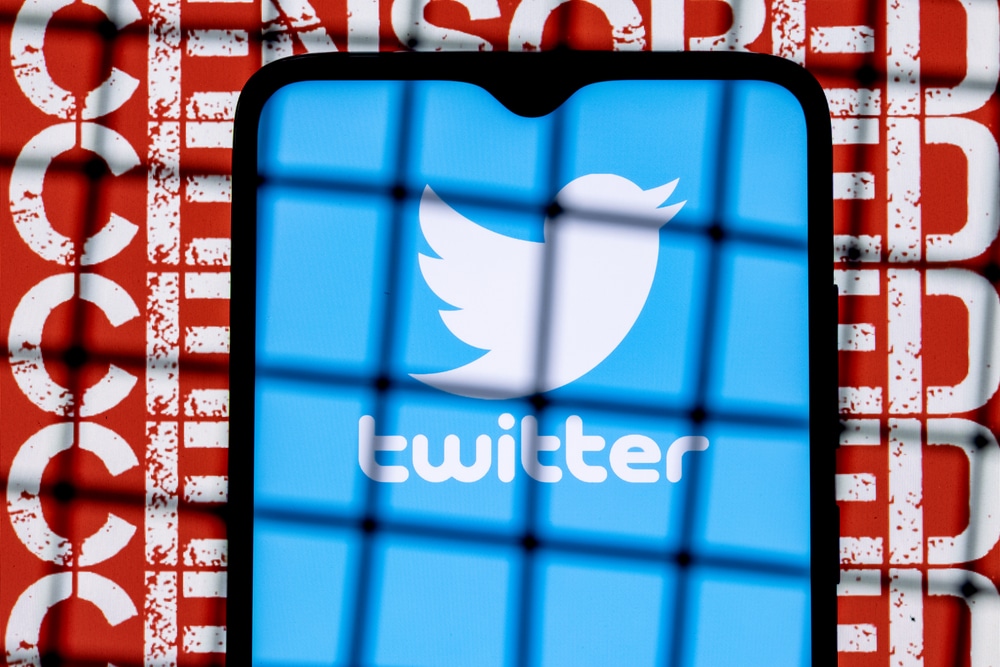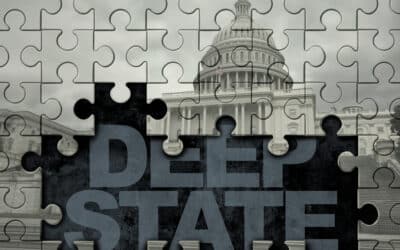The U.S. election is now over and Donald Trump will be the next president. Elections come and go, but a theme tends to stay: when the establishment wins, we must unite around the winner. But when they lose, their rhetoric always clashes with the reality.
We are going to see this, and already were experiencing it, with Elon Musk and Twitter. As soon as Elon Musk bought Twitter, establishment politicians immediately set their sights on restraining the platform, but this discourse went into overdrive when Elon endorsed Trump and joined his team. There is more than enough evidence that there may be an ulterior motive pushing the critics.
In the United Kingdom, the primary critics are members of the Labour government who now control a huge majority in the House of Commons, so there should be no doubt that they could pass legislation penalising Twitter (now “X”) if they so decide. Home Office Minister Jess Phillips says she is reducing her use of the platform because it has become “a bit despotic.” Josh Simons, the Labour member of Parliament for Makerfield, said of Elon Musk, “He’s turned X into a megaphone for foreign adversaries and far-right fringe groups seeking to corrupt our public sphere. Nobody should have that power.”
Peter Kyle, the Technology Secretary (yes, we have a government bureaucrat for everything in the United Kingdom), has suggested that we should treat tech giants like nation states. The implication is that they need to be tackled and corralled into line with the state’s values. I’m no expert on how X operates, whether or not the algorithm boosts particular individuals over others, and I am fully aware of the potential problems of Elon Musk being so close to the next U.S. administration, but it seems coincidental that as soon as Elon Musk and Donald Trump team up, the establishment media and politicians come out in full throated criticism of X instead of the timid criticism that inspired the insipid Online Safety Act. One would not be remiss to suspect that before Elon Musk bought Twitter, the establishment felt like they had control of the reigns of social media—at least enough control to not crow about it regularly. But now that there has been a rebellion, they feel they need to amplify their rhetoric to bolster the political capital to take on Elon and X. One thing is true: there was nowhere near the amount of outcry when Matt Taibbi broke the Twitter files.
The Twitter files were an astounding revelation into the close relationship between Twitter and the U.S. government. Twitter was in contact with so many different government agencies that they could not keep track of the cases. It gets so insidious that an FBI agent, Elvis Chan, wrote to a pair of Twitter executives in 2020 asking if an “OGA,” aka Other Government Organisation, could be invited to an upcoming conference. For those in the know like retired CIA analyst Ray McGovern, this is just an indirect way of saying the Central Intelligence Agency. Establishment defenders of this perfidious state of affairs claim that it was just a Foreign Influence Task Force, or FITF, that aimed to merely advise Twitter and other platforms in their fight against misinformation from foreign, machiavellian actors; but this is doubtful.
Some of these cases were probably involving true loons, but it became so widespread that Twitter executives came under huge pressure to make sure they were corroborating links to Russia and other foreign actors (even if the evidence was shallow). “Government partners” became “more aggressive” when it came to attribution, so Twitter’s leash of independence kept becoming shorter and shorter until Twitter was suspending accounts due to the pressure. It was not only Twitter that government agencies were in contact with. Yahoo, Facebook and Twitch were all in communication with these actors, suggesting that this was a broad campaign at suppressing speech.
Establishment figures would argue that this was all done in the public interest because they were fighting a torrent of misinformation that could cause damage to millions of people. But are we comfortable with the government, with all its perverse incentives and malign actors, deciding what the truth is? Hamilton 68 was an analytics tool designed to track supposed Russian misinformation on Twitter. The dashboard was headed by former FBI counterintelligence official Clint Watts and funded by the Alliance for Securing Democracy (ASD). The advisory council for the ASD included such individuals as Bill Kristol, the notorious neoconservative who seems to never turn his nose up at interventions abroad; and John Podesta, ex-Hillary for America chief. One should—at the bare minimum—suspect that it is possible that these individuals were not acting entirely objectively.
What was the analytical method used by Hamilton 68? Their website said the method came from an analysis of a list of six hundred Twitter accounts linked to “Russian influence activities online.” The list was not released, since the Hamilton 68 team claimed that the accounts on the list would be shut down immediately. So, when various reporters were claiming Russian bots were running riot, they did not have the foggiest figment of a clue about what they were describing. Twitter executives managed to reverse engineer the Hamilton 68 list and they were shocked by what they found. The accounts on the list were “neither strongly Russian nor strongly bots.” What this meant is that the Hamilton 68 list took American accounts and labeled their organic conversations as Russian scheming. Twitter actors recognized this for the ethical issue this was with one commenting, “Real people need to know they’ve been unilaterally labeled Russian stooges without evidence or recourse.” Alas, the users were not informed about any of this.
That is all dystopian sounding but, unfortunately, the average person will think that even if they were actual Americans, it was probably still misinformation that they were spreading—so the government actors were justified! It could not be more nuanced. COVID-19, the single biggest global event in recent memory, saw some of the most blatant examples of government actors overreaching into outright suppression of speech. The Virality Project joined forces with the government to launch a widespread monitoring campaign for COVID-19 related content. In the Twitter files, Virality Project emails detailed how actionable content could include true stories about vaccine injuries which could promote vaccine hesitancy. Another email highlighted how they would like to counter the “vaccine passport narrative.” Then there is the infamous Hunter Biden laptop story, where a communications official for Twitter said of the content moderation related to the story, “I’m struggling to understand the policy basis for marking this as unsafe.” This is just a scintilla of the “misinformation” that was supressed that was either known to be true at the time or turned out to be true not long after.
Where were the critics of Elon Musk and X when this mass violation of free speech was happening? People taking aim at Elon Musk are criticising X for pushing certain narratives, amplifying certain views over others, and yet, when the government was engaging in one of the largest suppression campaigns in one of the most important times in our history, these critics did not kick up anywhere near the fuss they have now.
Liberals genuinely believed that if lockdown rules were broken or if Donald Trump won, then lives were going to be ruined and people were going to die. So, what is a life compared to free speech? How could the freedom of a total stranger compare to the feeling of seeing your grandparents one more time? It’s not difficult to comprehend why they didn’t care. They swallowed the narrative wholesale and they felt like they had control to push the narrative for the masses own good. This does not change just because we are outside of an emergency. They still believe they should have control because they are objectively wise and truthful whilst the masses are ignorant and unenlightened.
Elon Musk and X are a challenge to this control, rightfully or wrongly, so it should come as no surprise that the United Kingdom may take very real steps to silence and restrain X. The establishment feels their grip is waning so, instead of reflecting on why they are losing the battle of ideas, they revert to type. That is, the people are too ignorant for their own good and the spread of information that we disagree with is harmful and it will jeopardize democracy. Yet, too many stories suppressed as misinformation have turned out to be true. Perhaps they don’t really care about harm to people, only the harm to their narrative.
































